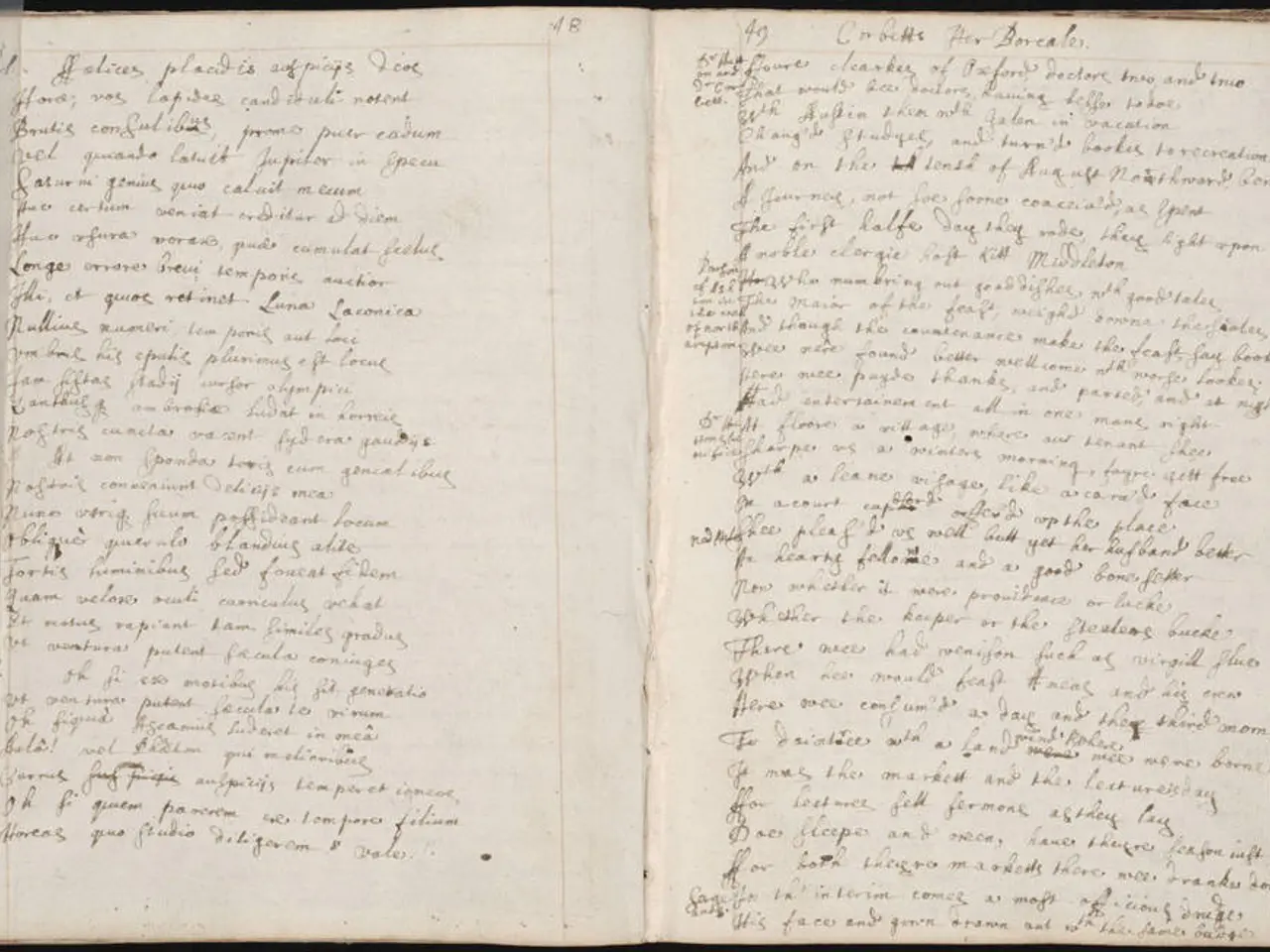Exiled Life's Conundrum: A Blend of Liberation, Disillusionment, and Distress
In the complex world of human experiences, exile stands as a multifaceted and paradoxical state. It is a realm where freedom, disappointment, and trauma intertwine, shaping both suffering and potential growth.
Exile often plunges individuals into a psychological abyss, marked by trauma, anxiety, depression, and identity confusion. The forced separation from homeland and community can cause feelings of profound loss, isolation, and mental instability. This state, characterised by a paradoxical mix of freedom and despair, leaves emotional wounds, psychological instability, and a sense of failure or disconnection from one’s former self and cause of exile. For instance, refugees in protracted exile experience increased mental health challenges and social insecurity due to uncertain futures and xenophobia.
Culturally, exile can lead to a disruption in language use and cultural transmission, impairing identity formation and community bonds. The loss of native language cuts off intergenerational communication and access to cultural knowledge, leading to alienation and diminished self-understanding. Yet, efforts to revitalize language and cultural practices can reclaim identity, strengthen community ties, and empower individuals, transforming cultural loss into an act of resistance and healing.
Spiritually, exile may represent a painful separation not only from place but also from religious communities and familiar rituals, resulting in “spiritual exile.” This can create internal conflicts between faith and trauma, erode self-esteem, and lead to feelings of abandonment by one’s spiritual source or community. Healing spiritual trauma requires addressing both psychological and spiritual needs simultaneously, often involving compassionate therapy and supportive communities of shared experience.
Transforming exile into something positive involves embracing its paradoxes and supporting the integration of psychological healing, cultural revitalization, and spiritual reconciliation, often within communities that foster shared understanding and empowerment. Psychologically, healing can come through trauma-focused therapies, cognitive-behavioral approaches, and communal support that help rebuild identity and regain psychological stability. Culturally, reclaiming language and traditions can restore a sense of belonging and empower exiles to redefine their identity positively. Spiritually, creating new or redefined spiritual communities and practices enables individuals to reconcile trauma, find meaning beyond loss, and establish renewed purpose.
Conceptually, exile’s paradoxical state as a mixture of freedom, disappointment, and trauma can be reinterpreted as a doorway to liberation and new creative possibilities, particularly for artists and writers who channel these experiences into expressions of resilience and transformation.
Exile is a state of conflict: it offers escape but imposes isolation; it opens new opportunities but erases old certainties. Understanding the exile experience and fostering a more tolerant, humane, and intercultural dialogue can transform the paradox of exile into something positive. The state, society, and global community should create a more conducive and compassionate environment for exiles to maintain their self-respect and cultivate their identity, global citizenship, and creative role and potential.
Language barriers, loss of dignity, and social invisibility deepen the pain experienced by exiles. True liberation is not only external but also rooted in psychological, cultural, and spiritual dimensions. Exiles often experience depression, isolation, and post-traumatic stress disorder, even in stable host countries. Economic struggle, cultural isolation, and bureaucratic obstacles often make the freedom of exile a struggle for survival.
This article, originally published in Slovak magazine MAč, is translated into English for the first time online. It serves as a call to action, urging us to create a more welcoming and supportive world for those who find themselves in the paradoxical state of exile.
Read also:
- Student Highlight at Scripps College: Jessica Sportelli
- Tobacco Use and Oral Cancer: Potential Dangers, Initial Symptoms, and Cessation Strategies
- Israel's Conflict in Gaza Quietly Obliterates Families and Generations - Reveals Starvation-Related Mortality Count
- Dementia Fight Club: A Group for Sparring Over Battles with Dementia





